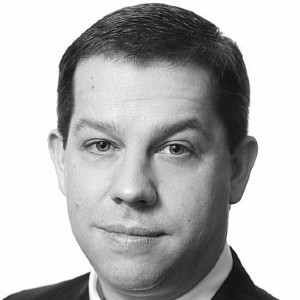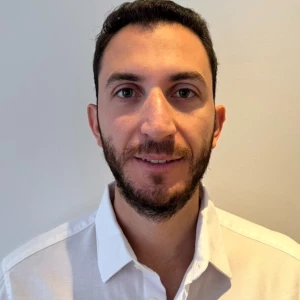Hey everyone,
Next week, I have a phone interview with McKinsey about my experiences. It will be my first interview where I cannot see my interview partner. One of my strengths usually is to read the reactions of my oppontents. Now this is not possible. Are there any tips for phone interviews that are different than for normal expierence interviews?
Thank you very much!
Best,
Julian











